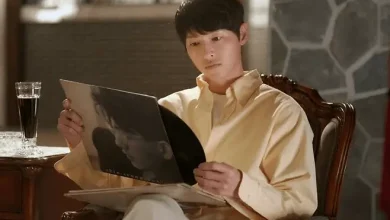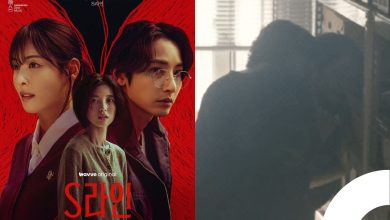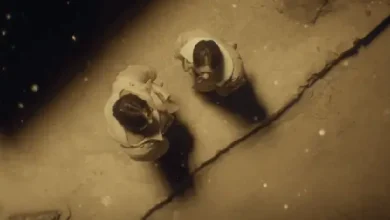Legendary K-Drama “I’m Sorry, I Love You” Sees Revival 20 Years Later Thanks to Lee Eun-ji’s Passion
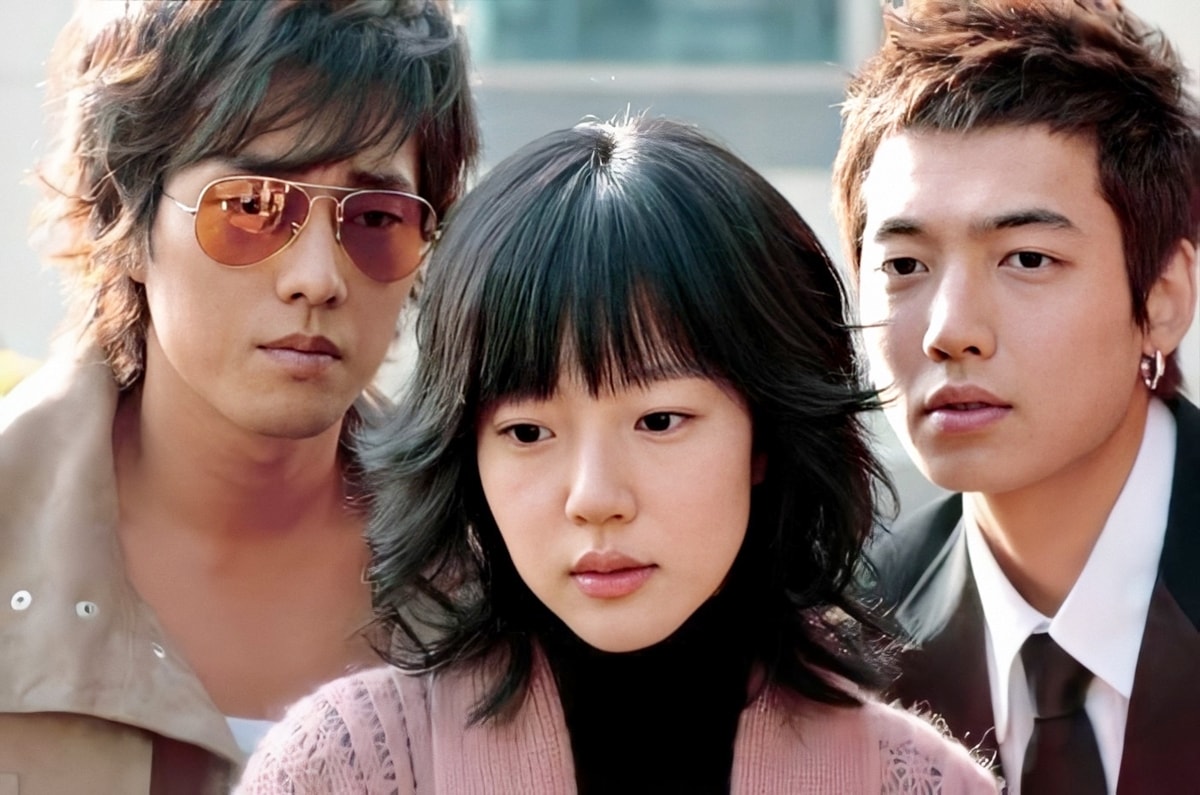
Nearly two decades after its original broadcast, the iconic 2004 K-drama I’m Sorry, I Love You is making an unexpected comeback—this time thanks to comedian Lee Eun-ji.
Lee Eun-ji’s Drama of Her Lifetime
During a recent episode of tvN’s variety show Earth Arcade 3, Lee Eun-ji named I’m Sorry, I Love You as her “drama of a lifetime.” Her impassioned recommendation inspired the rest of the cast to binge the series, transforming them into self-proclaimed “MISA addicts.”
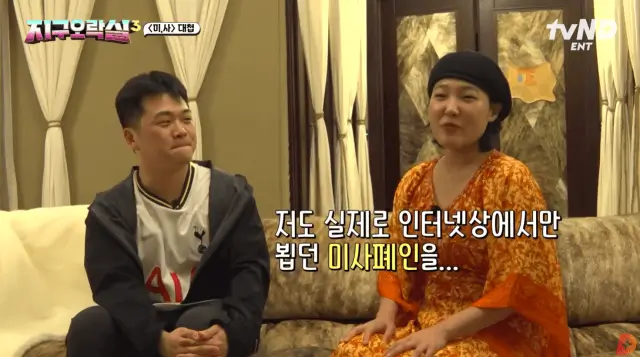
Lee’s obsession didn’t stop there—she hilariously re-enacted legendary scenes featuring the characters Cha Moo-hyuk (So Ji-sub), Song Eun-chae (Im Soo-jung), Yoon Seo (Jung Kyung-ho), and Oh Deul-hee (Lee Hye-young), leaving viewers nostalgic and entertained.
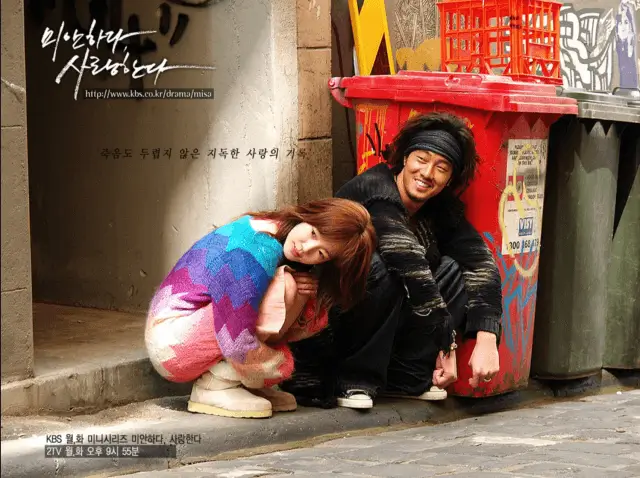
A surprise twist came when producer Park Joon-young, also a diehard fan, revealed himself to be just as obsessed as Lee. The production team then organized an impromptu MISA trivia showdown between Lee and Park, featuring obscure character names and emotional lines only true fans would know. The intense but heartwarming match ended in a tie, creating a viral moment for fans.
About “I’m Sorry, I Love You”
Following the episode, I’m Sorry, I Love You began surging in popularity once more. The drama climbed back into Wavve’s top rankings, and TVING launched it for streaming, drawing attention from both nostalgic fans and a new generation of viewers.
Originally airing in 2004, the drama became a career-defining project for So Ji-sub and Im Soo-jung. The heartbreaking love story of Moo-hyuk, an orphan adopted to Australia who returns to Korea only to fall for Eun-chae amid a tragic fate, left viewers devastated and captivated.
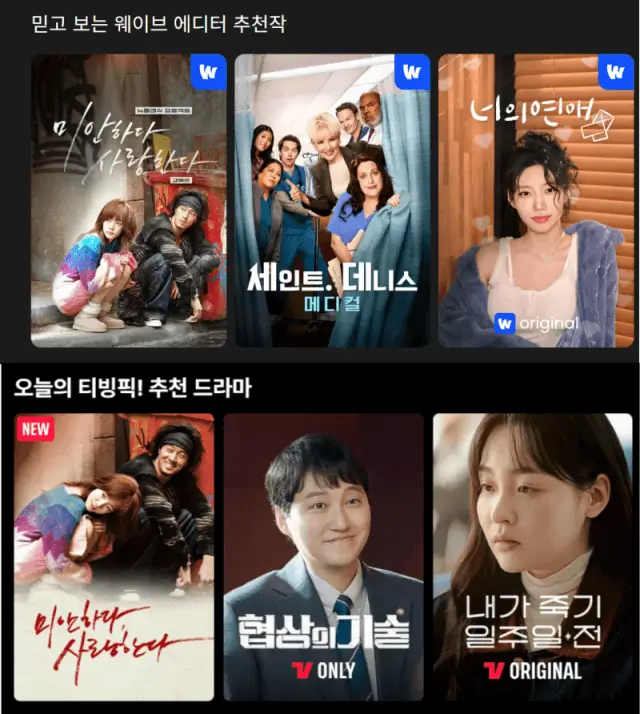
Its emotional impact is heightened by its legendary soundtrack, with ballads like the legendary Park Hyo-shin’s “Snow Flower,” “First Time Back Then,” and “Someone Lives in My Heart” still beloved today.
Now, two decades later, I’m Sorry, I Love You proves that its powerful narrative and emotional resonance still stand the test of time, continuing to bridge generations through shared heartbreak and timeless storytelling.





